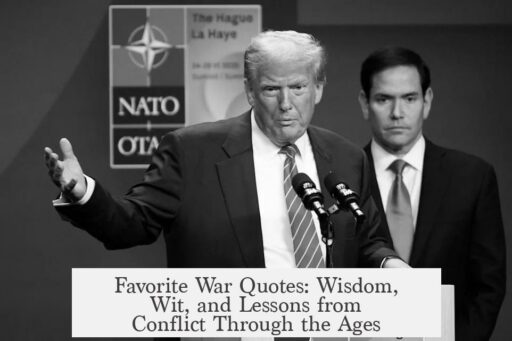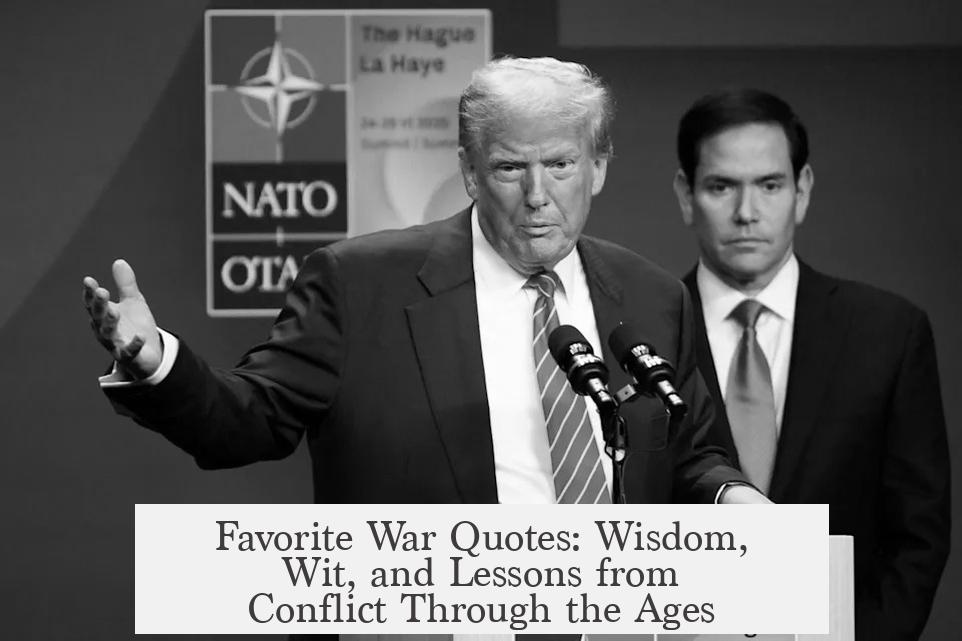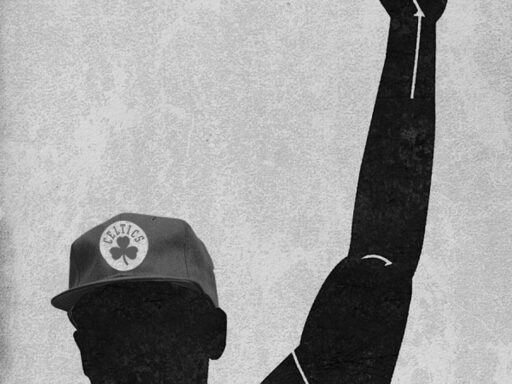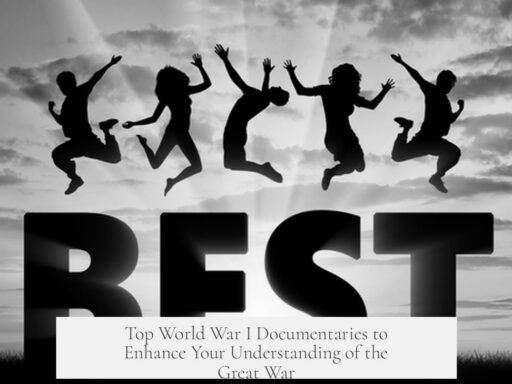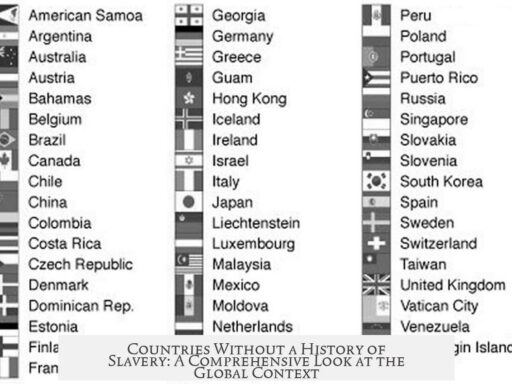Favorite wartime quotes capture the complex emotions and harsh realities of conflict. They reflect courage, strategy, sacrifice, and the stark truth of war’s brutality. Many come from notable leaders, soldiers, and poets who witnessed war first-hand or interpreted its meaning deeply.
William T. Sherman bluntly states, “War is hell,” emphasizing war’s cruelty and the suffering it inflicts. He advises that only those removed from battle call for more bloodshed. Sherman’s insight reveals war’s savage nature and the fear it instills: “Fear is the beginning of wisdom.” He warns against sugarcoating its harshness, calling war inherently cruel.
Winston Churchill offers resilience in adversity. His famous pledge, “We shall fight in France… we shall never surrender,” inspires determination against overwhelming odds. Churchill’s sayings balance the gravity of conflict with hope, such as “This is not the end… but the end of the beginning.” His quotes blend realism with morale boosting in times of struggle.
Generals like Dwight D. Eisenhower highlight war’s cost beyond the battlefield. Eisenhower notes, “Every gun that is made… signifies a theft from those who hunger,” linking military expenditure to civilian hardship. He also stresses the importance of planning, yet acknowledges the unpredictable nature of war. His caution about the military-industrial complex warns of political and economic influences in war-making.
Douglas MacArthur’s words contrast with anti-war sentiments, reminding that soldiers suffer the most. He states soldiers “pray for peace,” knowing war leaves lasting scars. MacArthur also critiques those who propagate fear for control, suggesting many threats are exaggerated or fabricated.
Poets like Wilfred Owen and Siegfried Sassoon vividly depict war’s horrors. Owen’s “Dulce et Decorum Est” condemns the romanticizing of war, famously calling it “The old Lie” that it is sweet to die for one’s country. Sassoon’s satirical tone exposes military leadership’s detachment, noting many soldiers died because of poor plans. Such poetry offers profound, often painful, reflections on the human cost.
Famous soldier quotes provide gritty, tactical wisdom. George S. Patton advocates decisive action: “A good plan violently executed now is better than a perfect plan executed next week.” Chesty Puller’s quips like “We’re surrounded. That simplifies our problem” exemplify combat humor and relentless fighting spirit.
Philosophical reflections question war’s morality and long-term effects. Bertrand Russell commented, “War does not determine who is right – only who is left,” highlighting war’s futility. Chris Hedges criticizes war as betrayal by leaders who send young men to die. Others warn that war’s destruction blinds humanity, and peace must be earned with wisdom rather than repeated conflict.
War quotes also emerge from popular culture, like the Fallout series’ stark phrase, “War…war never changes,” capturing cyclical nature of conflict. The Band of Brothers quote, “I served in a company of heroes,” honors camaraderie and valor amid chaos. Such lines bridge historical realities with contemporary understanding.
Humor and informal remarks provide relief in grim circumstances. McAuliffe’s one-word refusal, “Nuts!,” to surrender demands, or Chin Puller’s dry wit in surrounded situations, show how humor strengthens morale. These quotes humanize soldiers, revealing resilience amid hardship.
Leaders from diverse backgrounds contribute memorable lines reflecting values and defiance. Mustafa Kemal Ataturk honors fallen heroes with respect for their sacrifice. King Albert I bluntly distinguishes governance from mere infrastructure, saying “I rule a country, not a road!” Such quotes underline leadership perspectives during war.
- Wartime quotes range from brutal truths to inspirational calls for courage.
- Many highlight the suffering of soldiers and civilians alike.
- Leaders offer strategic wisdom, while poets expose war’s human cost.
- Philosophical reflections question the morality and lasting impact of conflict.
- Humor and informal remarks reveal soldiers’ resilience and spirit.
So what are your favorite war time quotes?
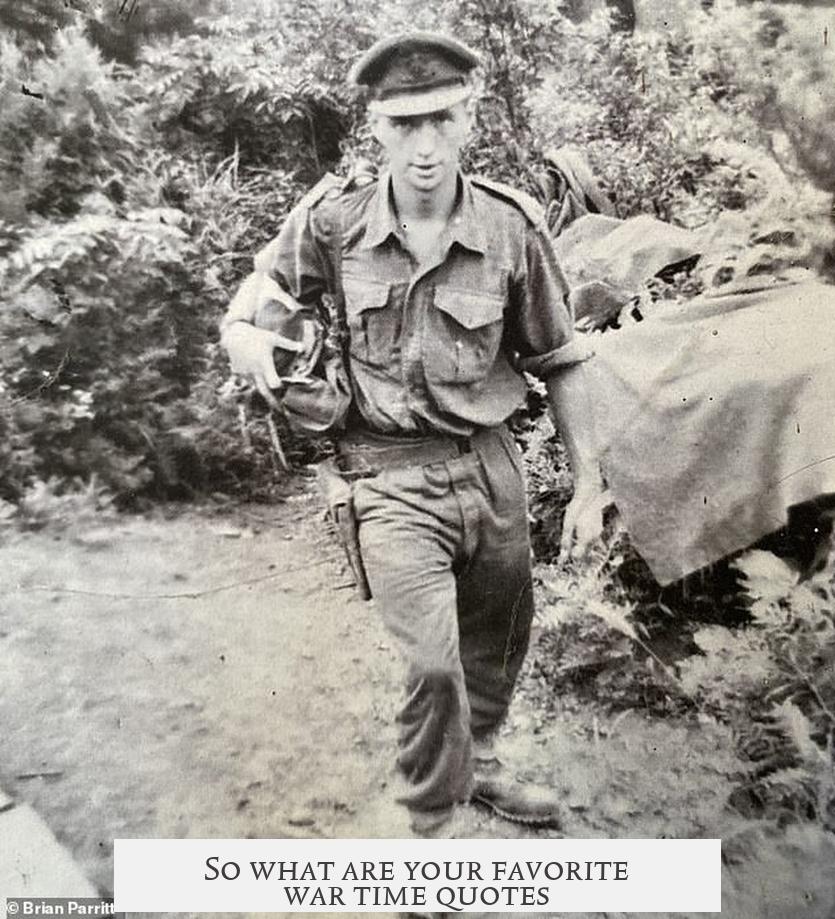
When it comes to wartime quotes, people tend to treasure the ones that hit hardest—words that capture courage, bitter truths, humor, or even cold reality. Which quotation speaks to your soul? To kick things off, let’s explore some of the most iconic, witty, and profound war-time quotes from history’s finest minds and soldiers.
War quotes aren’t just catchy lines. They matter because they tell us stories using few words. They reflect human courage and folly packed into sentences that endure. Whether you lick the lips at stirring speeches or mull over the grimness of battle, these quotes make the past and conflict real in ways dry history books can’t.
Classic War Quotes by Historical Figures: The Architects of Conflict
The great generals and leaders offer us not only battlefield strategies but perspectives brimming with wisdom and sometimes sarcasm.
Take William T. Sherman, the Civil War general whose bluntness doesn’t shy away from war’s cruelty. “War is hell,” he famously declares—not as some poetic metaphor, but as a cold fact. Sherman paints a brutal truth in another line: “War is cruelty. There is no use trying to reform it. The crueler it is, the sooner it will be over.” There’s an unvarnished realism here, making us reflect on the nature of conflict—sometimes brutal, sometimes necessary, always devastating.
Then there’s Winston Churchill, the British bulldog who combines unyielding spirit with a knack for memorable statements:
- “We shall fight in France, we shall fight on the seas and oceans… we shall never surrender.”
- “Never in the field of human conflict was so much owed by so many to so few.” (About the RAF during the Battle of Britain)
- “This is not the end. It is not even the beginning of the end. But it is, perhaps, the end of the beginning.” (After El Alamein)
Churchill’s quotes serve as rallying cries echoing beyond their wartime urgency, inspiring generations to hold firm in the face of adversity.
Dwight D. Eisenhower offers a more sober reflection. He warns of the costs hidden behind every bullet fired: “Every gun that is made, every warship launched, every rocket fired signifies… a theft from those who hunger and are not fed…” Eisenhower’s military leadership was balanced by a philosopher’s concern for society. He reminds us that war’s price is paid not only with flesh but with the futures of the living.
The Spartans’ Laconic Wit and Soldier Sarcasm
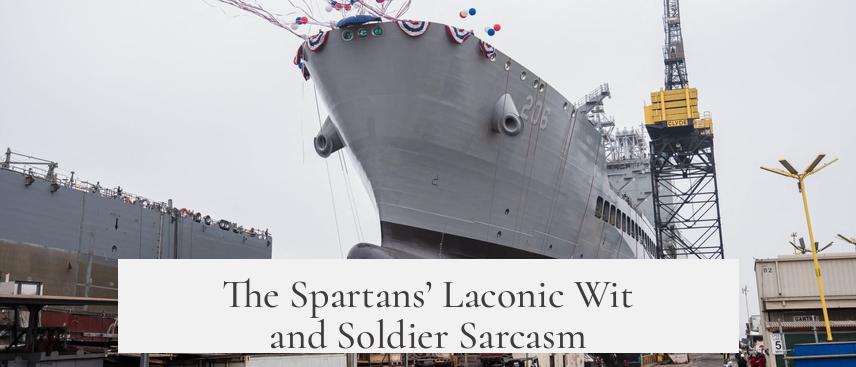
The Spartans, masters of brevity, provide some of the wittiest war quotes ever delivered:
Philip of Macedon’s message: You are advised to submit without further delay… Spartans’ reply: If.
That monosyllable “If” encapsulates defiance and bravery in just one letter. Meanwhile, in World War II’s Battle of the Bulge, General Anthony McAuliffe responded sharply to a German surrender demand with the legendary one-word reply: “Nuts!” It’s more than humor; it’s a morale booster wrapped in a quirky one-liner.
What About War Poetry? The Grim Reality on Paper
Military leaders aren’t the only ones shaping wartime thought. War poets like Wilfred Owen expose the horror of battle’s raw, unfiltered face.
Owen’s famous lines from Dulce et Decorum Est challenge romantic notions of war:
“Bent double, like old beggars under sacks… Gas! Gas! Quick, boys! … If you could hear, at every jolt, the blood come gargling from the froth-corrupted lungs… My friend, you would not tell with such high zest to children ardent for some desperate glory, The old Lie: Dulce et Decorum est Pro patria mori.”
Translated: “It is sweet and noble to die for your country.” Owen calls this the “old Lie.” His poetry forces a clear-eyed recognition of the brutal truth behind glory.
Similarly, Siegfried Sassoon mocks military hierarchy with biting irony:
“Good-morning; good-morning! the General said… Now the soldiers he smiled at are most of ’em dead.”
His words critique command decisions that sacrifice lives with hollow cheerfulness.
Military Wit and Wisdom: Stories from the Front Lines
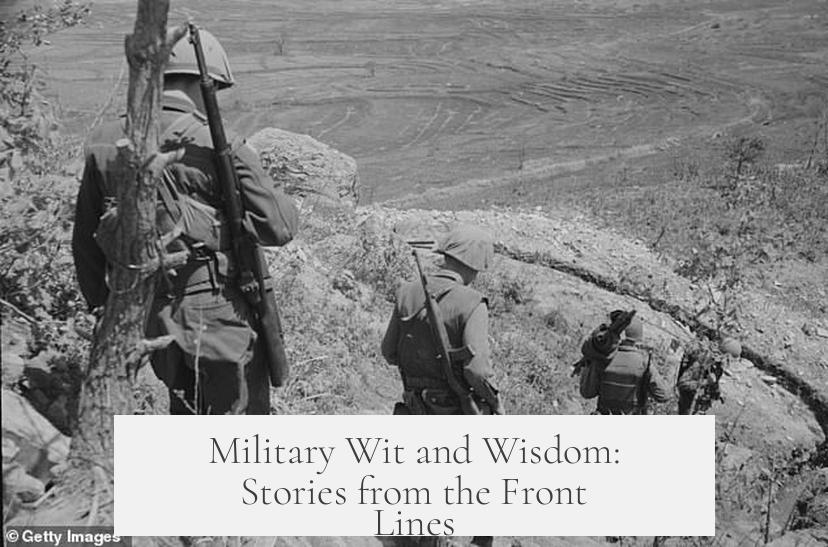
George S. Patton adds his own flavor of directness:
- “A good plan violently executed now is better than a perfect plan executed next week.”
- “No bastard ever won a war by dying for his country. He won it by making the other poor dumb bastard die for his country.”
Patton’s blunt truth cuts through romanticizing war strategy. Victory demands action, sometimes ruthless action—even if ugly.
Chesty Puller, legendary US Marine, peppers his quotes with pragmatic resolve:
“All right, they’re on our left, they’re on our right, they’re in front of us, they’re behind us… they can’t get away this time.”
He embraces being surrounded as “simplifying” the problem, turning peril into determination.
A Look at Philosophical and Cynical Insights on War
Some quotes offer bleak but valuable reflections. Bertrand Russell admitted, “War does not determine who is right – only who is left.” That cynical summary cuts through illusions to the absurdity of bloody contests claiming moral high ground.
Similarly, Gandhi’s wisdom rings true across centuries:
“An eye for an eye will leave the whole world blind.”
These words are priceless today as many conflicts spiral into endless retaliation.
Chris Hedges identifies a painful truth: “War in the end is always about betrayal, betrayal of the young by the old…” The disillusionment many soldiers feel is well captured by this sobering thought.
Quotes from Popular Culture: War Beyond the Battlefield
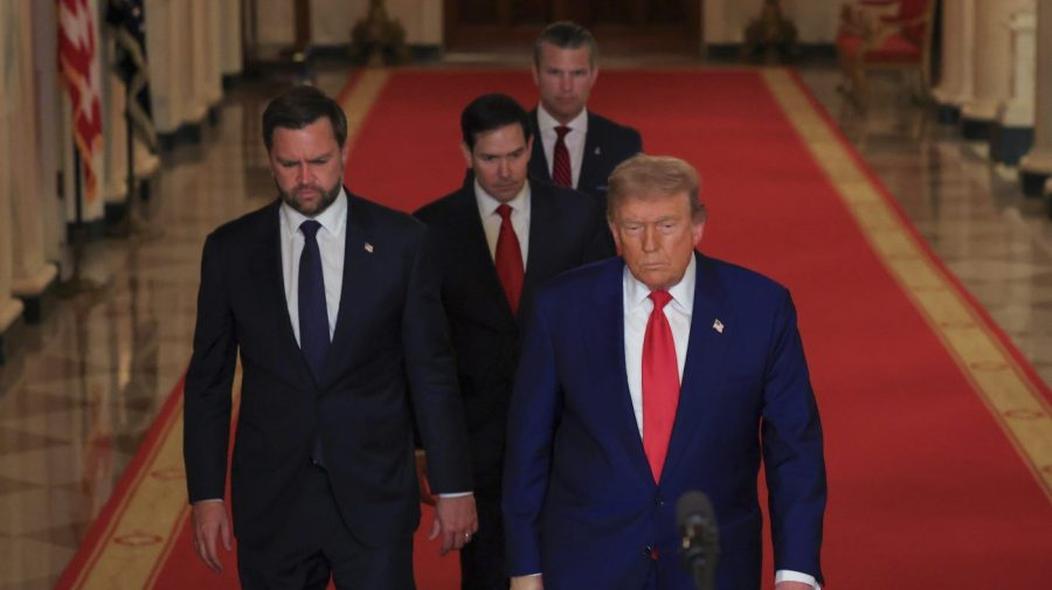
War’s realities also permeate our movies, music, and games. Fans of Band of Brothers will recall the line:
“I served in a company of heroes.”
It highlights the brotherhood forged in fire that soldiers around the world cherish.
The videogame series Fallout reiterates a haunting refrain:
“War… war never changes.”
This simple statement encapsulates the inexorable, cyclical nature of conflict that haunts human history.
And Now, Some Humor: Because Even War Has Its Lighter Side
Not all war quotes are heavy. Soldiers often lighten tension with humor. For example, during the Kosovo invasion in 1999, one soldier blurted:
“Oh fuck! They have tanks!”
Short, shocked, relatable. Even Harold Godwinson might have grumbled at Hastings, “aw fuck, my eye!” when the arrow struck.
Wartime wit humanizes the harshness. It reminds us that behind every uniform is a person—sometimes terrified, sometimes ridiculous, but always real.
In Search of Courage and Honor
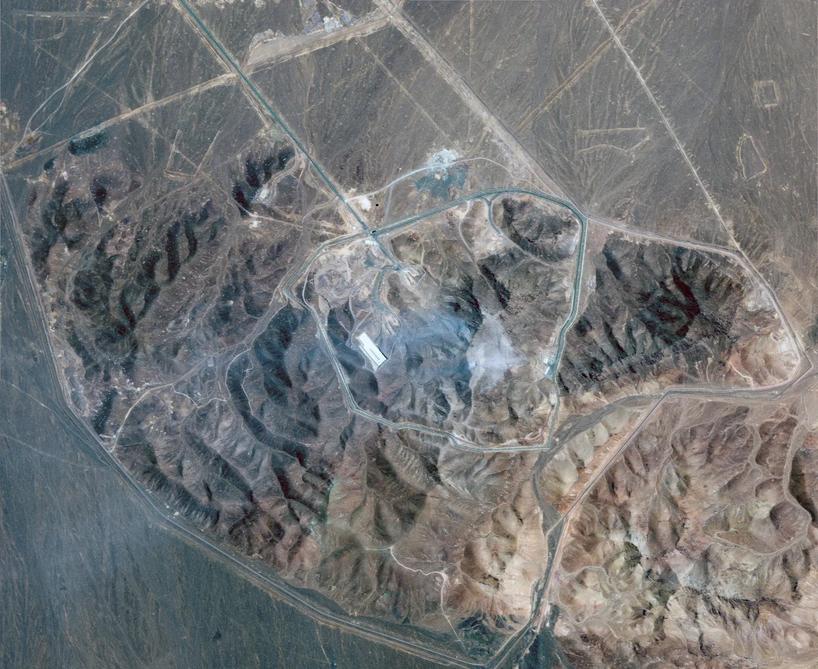
When we want wisdom on valor, Shakespeare’s Henry V delivers with the St. Crispin’s Day speech:
“We few, we happy few, we band of brothers; For he today that sheds his blood with me Shall be my brother…”
This speaks directly to the core of soldier camaraderie and honor in battle.
Sun Tzu’s tactical clarity comes with a dash of humor:
“If fighting is sure to result in victory, then you must fight!”
One wonders what he’d say about the modern reluctance some politicians show.
What Do These Quotes Teach Us?
Across centuries and continents, war quotes share certain themes:
- The Brutality of War: Sherman’s “War is hell” and Owen’s grim descriptions make sure nobody romanticizes combat.
- The Spirit of Defiance: Churchill’s perseverance or the Spartan “If” show the power of refusing to surrender mentally or physically.
- The Cost on Society: Eisenhower’s reflections remind us war costs more than bullets—it steals from the hungry and future generations.
- Camaraderie in Combat: The bonds soldiers form in hardship are legendary and deeply meaningful, as Shakespeare and Band of Brothers show.
- Wisdom and Humor: Wit like McAuliffe’s “Nuts!” or Puller’s defiant leadership helps soldiers endure unimaginable chaos.
- Cynicism Beckons: Russell, Gandhi, Hedges, and Twain ask hard questions about whether war ever truly justifies its horrors.
Practical Takeaways: Using War Quotes Today
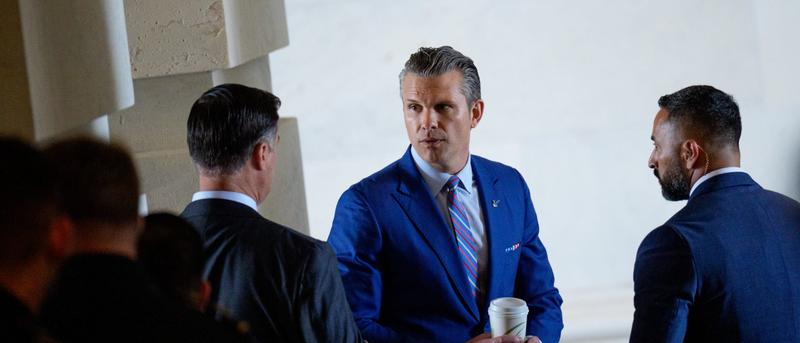
Are these quotes only good for history buffs and movie scripts? Not at all.
- Leadership Lessons: Patton and Churchill remind leaders to act decisively and inspire steadily—qualities valuable in any crisis.
- Readiness and Planning: Eisenhower’s “Plans are useless, but planning is indispensable” applies to any complex endeavor.
- Coping Mechanisms: Humor amid adversity—borrowed from soldiers’ quotes—teaches resilience.
- Moral Reflection: War poems and philosophical quotes invite us to question violent conflict and seek peaceful solutions.
- Courageous Brotherhood: Shakespeare and historic camaraderie guide teams in overcoming tough challenges together.
Next time a tough challenge hits, or you want to motivate a team, consider tossing a war quote around. It might just give you that spark of courage or clarity.
Final Question for You
Which war quote resonates with you the most? Are you drawn to raw realism, inspired by defiance, or comforted by camaraderie? Or maybe you find humor the best armor? Share your favorite, and let’s explore what it tells us about humanity under fire.
War time quotes aren’t just history relics. They’re windows into our collective soul, revealing our best and worst selves when all is at stake.
